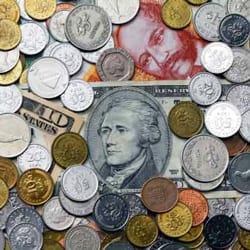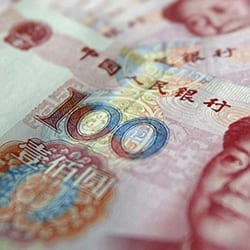Could we take the dollar down again?
Thirty years ago today, the financial leaders of the five leading economies of the time gathered in the Plaza Hotel, concerned about an excessively strong dollar. The coordinated effort to deflate the dollar that resulted from that meeting seems appealing again. The substantial run-up in the dollar over the past year has created tensions about competitive devaluations, and growing trade imbalances lurk around the corner. What would it take to achieve another Plaza Accord? Continue Reading



